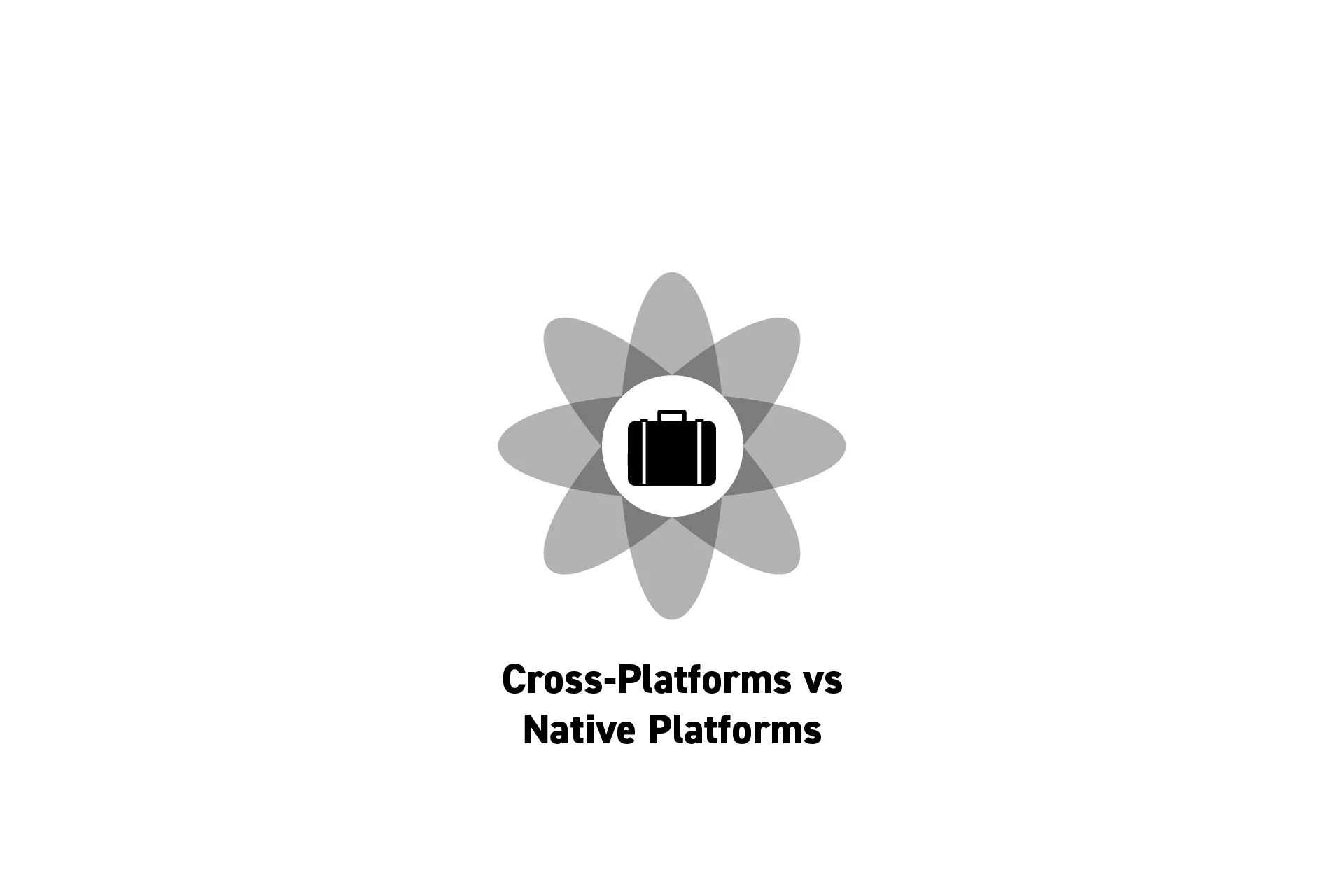Pros and Cons Unveiled: Swift and Kotlin vs Cross-Platform Frameworks


A guide to the pros and cons of native frameworks (i.e. Swift and Kotlin) vs cross-platform frameworks (i.e. React Native and Flutter).
What are Native Frameworks?

Native frameworks are built by Apple and Google who use native programming languages such as Swift (Apple) and Kotlin (Android) to work specifically for the operating system (i.e. iOS and Android).
Native frameworks are updated and maintained by Apple and Google; are more robust, have access to all the latest technologies, security upgrades and features and enable organizations to develop apps that do not depend on third parties.
What are Cross-Platform Frameworks?

Cross-platform frameworks are built by third party developers on-top of Swift/Objective-C and Kotlin to produce cross-platform languages such as Flutter or React Native.
They enable development to take place in a single codebase that produces apps for both Android and iOS (i.e. a single code base produces an app that looks and works the same way on both Android and iOS).
Cross-platform frameworks are updated and maintained by third parties after Apple and Google release updates, are less reliable, can be full of bugs and remove control and autonomy from organizations that use them as they are dependent on third parties for the functionality.
Pros of Native Frameworks vs Cross-Platform Frameworks

The advantages of using native frameworks over cross-platform frameworks include:
Significantly more documentation is available for Swift and Kotlin, which enables faster bug fixing, up-skilling, training and onboarding.
Access to all the features and native frameworks of an operating system with complete control over the outcome.
- Complete control over the code.
- Complete control over version updates.
Please note that this last point implies that if a version update takes place (i.e. iOS18 and Android 15), an organization decides when to update the app to the new version of the operating system and how, in comparison to a cross-platform framework where an organization would rely on a third party to make the update, potential causing the app to break.
Cons of Native Frameworks vs Cross-Platform Frameworks

The disadvantages of using native frameworks over cross-platform frameworks include:
Native frameworks require much more knowledge to understand how the native language works. For example, React Native and Flutter are easier to learn as much more is done for you through less code.
Companies have to develop the same features in two separate codebases, which could be considered twice the amount of work.
Simple features take longer. An example of this is that a cross-platform framework could execute a simple feature such as Login with Apple with a single line of code.
There are fewer developers capable of developing for Swift or Kotlin, let alone both Swift and Kotlin.
Looking to create an app or rebuild an existing app?
Consult our articles below to learn our approach to creating a new product or service or rebuilding an existing one.
Looking to learn more about Innovation, Project Management, Design, Technology and Strategy?
Search our blog to find educational content on innovation, project management, design, development and strategy.
